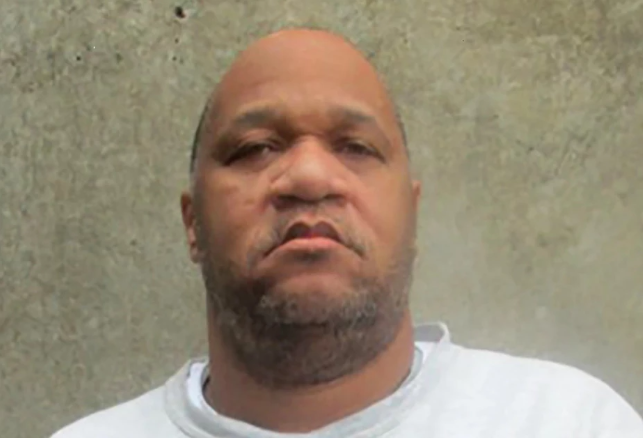In Oklahoma, Emmanuel Littlejohn was executed by lethal injection on Thursday for the 1992 murder of Kenneth Meers during a robbery. Despite Littlejohn’s claims that he did not pull the trigger, he was sentenced to death while his accomplice received life imprisonment. Littlejohn had sought clemency from Governor Kevin Stitt, but his request was denied.
Meanwhile, Alabama executed Alan Miller using nitrogen gas, marking only the second time this method has been used in the United States. Miller was convicted for a 1999 shooting that killed three of his coworkers. This method of execution has faced criticism, with some equating it to torture.
These executions contribute to a total of 18 carried out in the U.S. this year, including five in the past week, raising ongoing debates about the death penalty and execution methods.
During his execution, Alan Miller reportedly struggled against the restraints on the gurney as he suffocated from nitrogen gas, shaking and trembling for approximately two minutes. This reaction, while concerning, was described as less violent compared to the execution of Kenneth Smith earlier this year, who thrashed about for several minutes. State officials suggested that Smith’s movements were due to his attempt to hold his breath.
The Biden administration expressed being “deeply troubled” by Alabama’s use of nitrogen for executions, echoing criticism from civil liberties organizations, the European Union, and the UN human rights office. Alabama Governor Kay Ivey had previously stated she would not grant clemency to Miller, despite public outcry and controversy surrounding the execution method.
Miller’s execution came after a previous attempt in September 2022 was halted due to issues with administering the lethal injection. Currently, the death penalty has been abolished in 23 U.S. states, while six others have placed a moratorium on executions.



